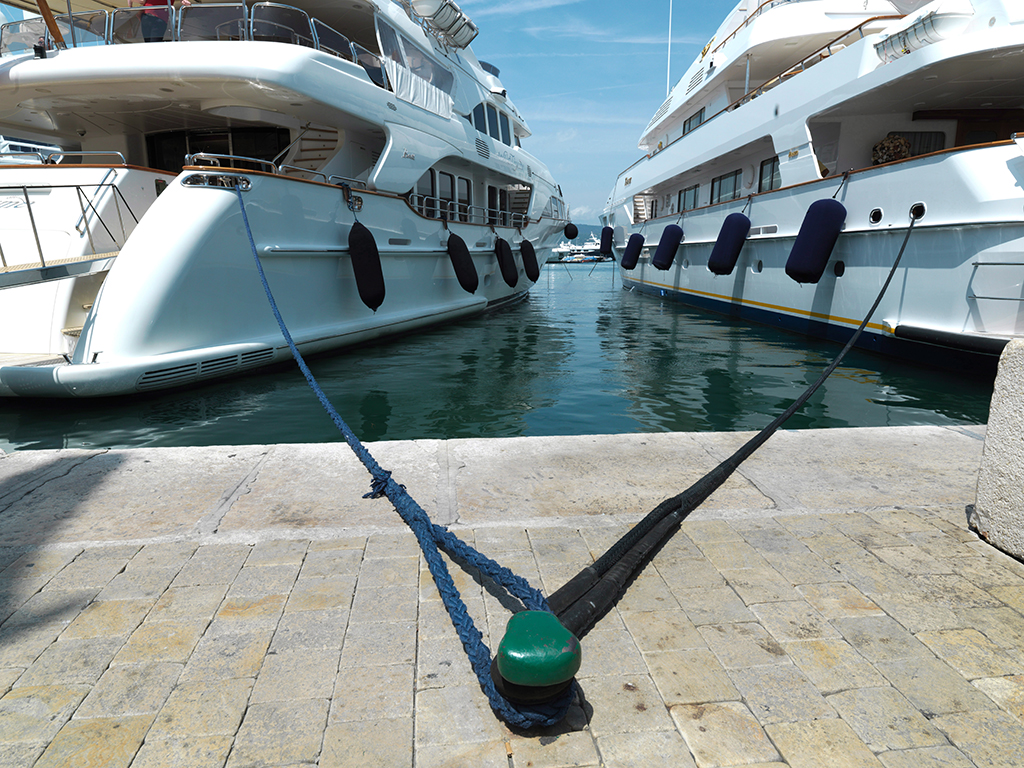When recession hits, the first businesses to bear the brunt are those in the market of luxury commodities. As people grapple with rising interest rates and shrinking wages, the demand for non-essential goods rapidly declines. The same can almost be said for the super-rich, who are among a small pool of individuals that can afford to purchase and run super yachts. As the wealthy contend with threats to their businesses, maintaining a high standard of living may come at the cost of refraining from such extravagant purchases. For example, Europe, one of the leading markets for super yachts, suffered a collapse in orders in 2009 following the financial crisis. According to the FT, the number of new builds delivered worldwide dropped by approximately 56 percent between 2008 and 2012.
With recent economic stability in the US and a new wealthy elite rising from emerging markets, the super yacht industry is making a come-back. The past year or so has shown increased demand from Russia and China, two countries that have had a fast rise in the number of their multi-millionaires. Greater demand also comes from the US as the home of the worlds richest shows signs of economic growth. Marcus Munt, Chairman of ABYA, the professional yacht brokers association, tells Business Destinations, “people have greater confidence in the economy generally, so they are happy to spend money, be it on houses, cars, yachts, power boats.”
With recent economic stability in the US and a new wealthy elite rising from emerging markets, the super yacht industry is making a come-back
Following a long period of uncertainty, big brands such as Sunseeker, Princess and Ferretti are benefiting from fiscal boosts following buy-outs by large corporations and conglomerates. With increased investment, market leaders can continue to unveil exciting new models, no easy feat for a product that can cost millions to manufacture, and take years to do so.
The industry is not without its challenges. Buyers from the Eurozone have not yet fully recovered from the recession; uncertainty in the future of the union prevails with fresh concerns regarding quantitative easing and a Greek exit. The recent economic sanctions currently facing Russia have also affected the super yacht market, preventing willing customers from purchasing luxury goods imports from the EU. The issues facing the Chinese market on the other hand are logistical; there are simply inadequate mooring facilities in place to meet the swift rise in demand for the lavish and sizeable commodity.
The longevity of the economic sanctions against Russia and the outcome of the Eurozone crisis are tentative at this stage. Conversely, the infrastructure challenges facing the Chinese market are relatively short term and can be soon overcome with sufficient funding. This was the case with Kenya, where the growing demand for berthing yachts has resulted in investment pouring into the development of Englishpoint, a huge marina complex comprising luxury homes and facilities. Such could be the case for China also. Where there exists opportunity, investors soon follow.
Despite various bumps in the road or on the sea, there is still a great deal of opportunity for the super yacht industry, particularly from Asian markets. “Currently only a very small proportion of the Chinese market has opened up,” says Munt. Additionally, the drop in oil prices will also positively affect the industry, with less expenditure required for production, as well as fewer running costs for customers. Regardless of bouts of recession, the historic pattern of ‘the rich getting richer’ will undoubtedly continue, meaning that markets and goods aimed at the wealthy will persist. There may not be a boom ahead in the short term future of the super yacht industry, yet neither will there be a bust. The pre-recession days could indeed never be seen again, but the stability of this niche market is very much on the horizon.





